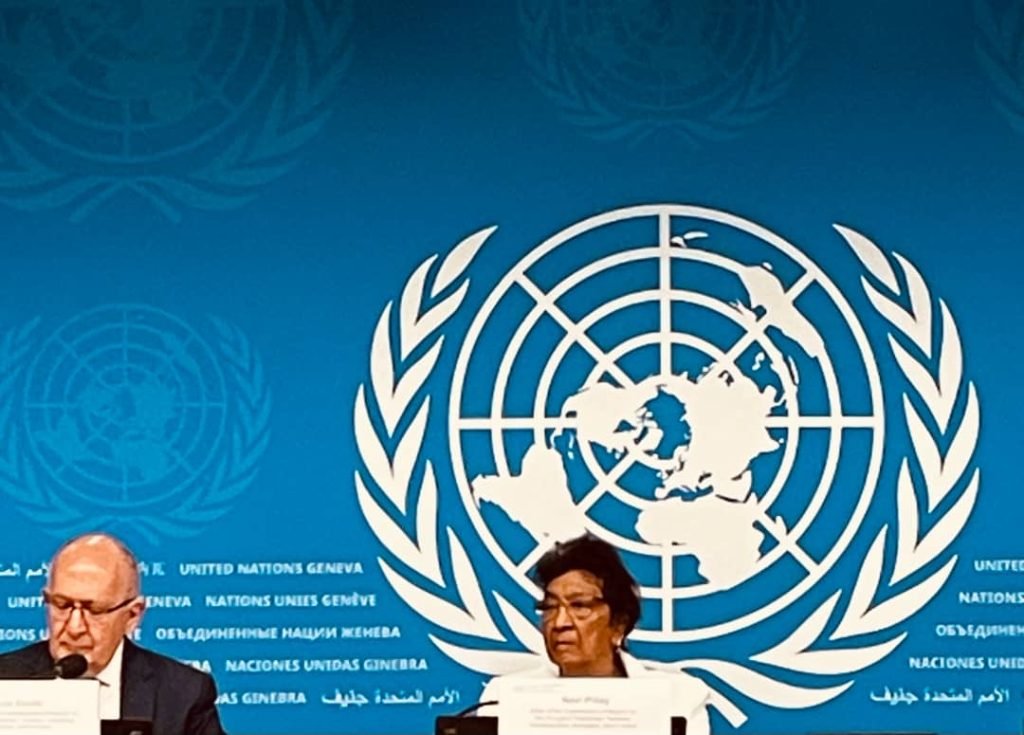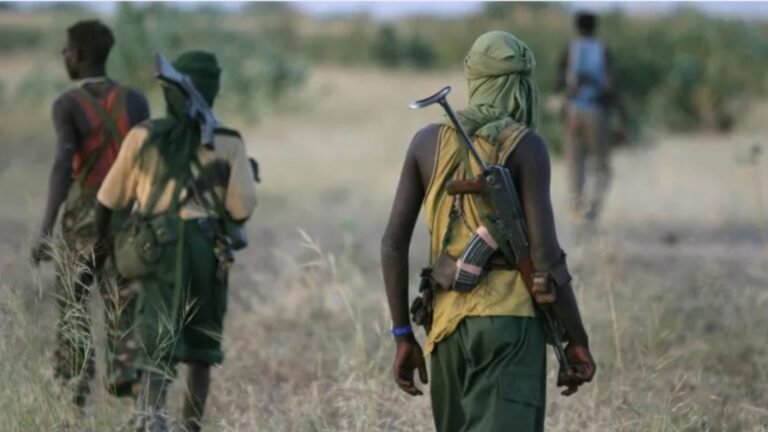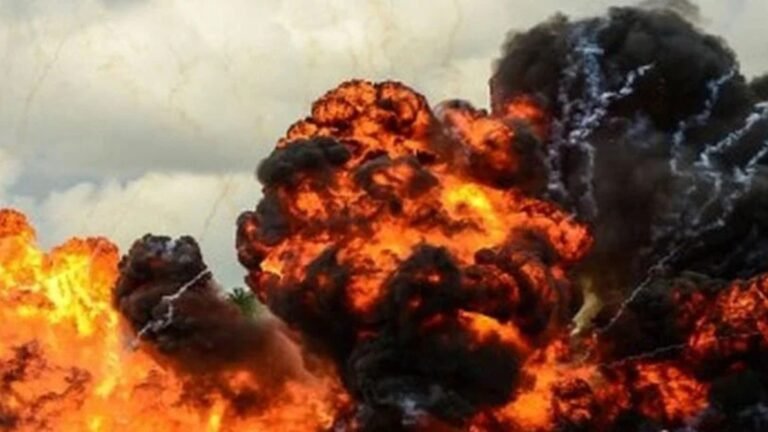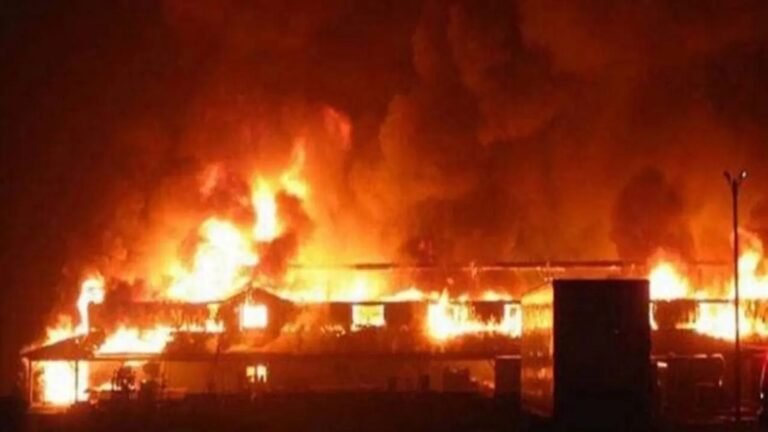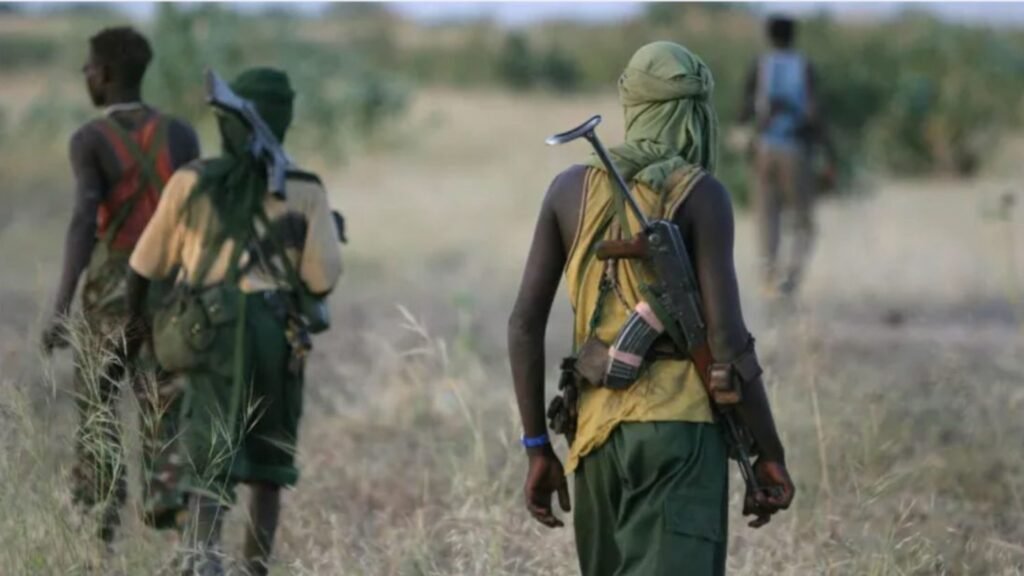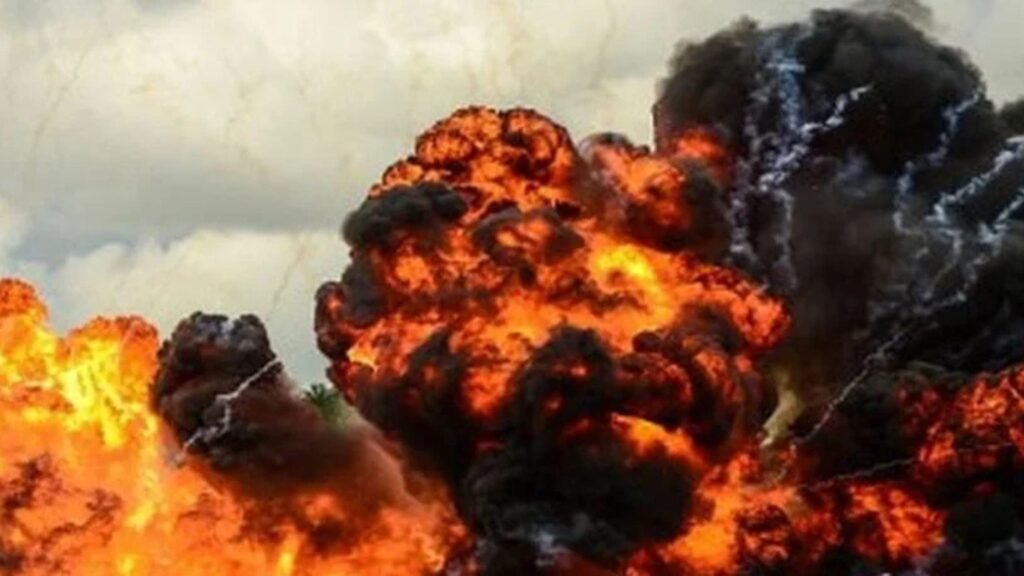On September 16, 2025, a United Nations inquiry sent shockwaves worldwide by officially classifying Israel’s military campaign in Gaza as a genocide. The declaration marked a critical moment in the international response to the conflict, casting a harsh light on the humanitarian crisis that had unfolded in the region.The UN report was unflinching, condemning Israel’s operations as a deliberate assault on Gaza’s civilian population. It highlighted the widespread destruction of homes, schools, and medical facilities, coupled with a devastating loss of life. Local medical sources reported that at least 106 Palestinians were killed in a single day of Israeli airstrikes, which targeted both residential areas and alleged militant strongholds. The report’s findings ignited fierce global debate and demands for accountability.In a significant diplomatic move, Luxembourg joined several European nations in recognizing Palestine as a sovereign state, reflecting a broader shift in international sentiment. The crisis also reverberated in the cultural world.
At the Emmy Awards, actor Javier Bardem made a powerful statement on the red carpet, denouncing any entity that “supported or justified the genocide” and calling for a free Palestine. His remarks resonated with global protests and condemnations from Muslim leaders decrying the violence.The situation in Gaza had grown increasingly dire, with the destruction of the city’s tallest residential tower underscoring the scale of devastation. As ceasefire talks faltered, the UN’s genocide designation raised the possibility of stronger international actions, such as sanctions or legal proceedings at the International Court of Justice.This moment stood as a sobering reminder of the conflict’s human cost and the urgent need for global intervention.
